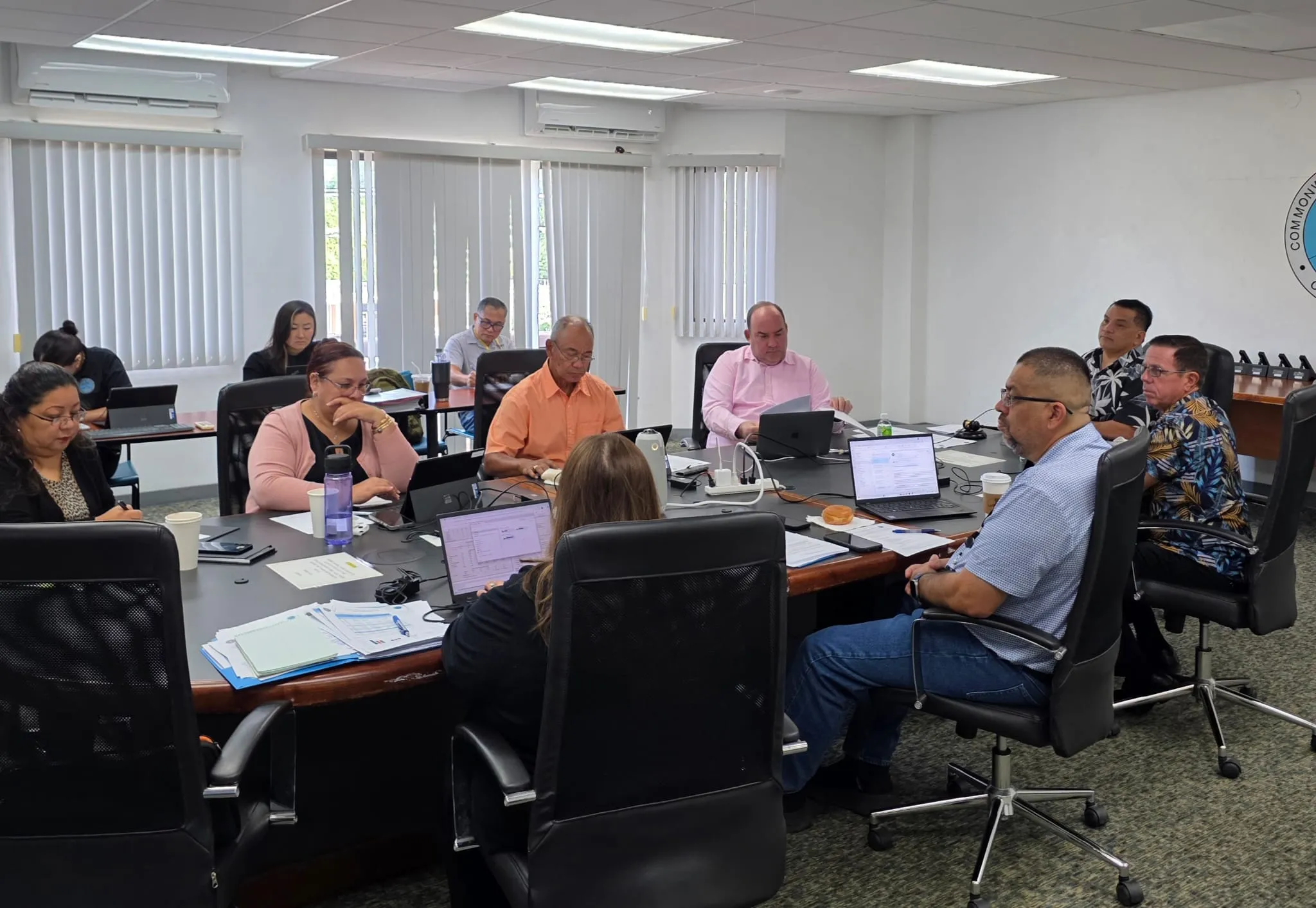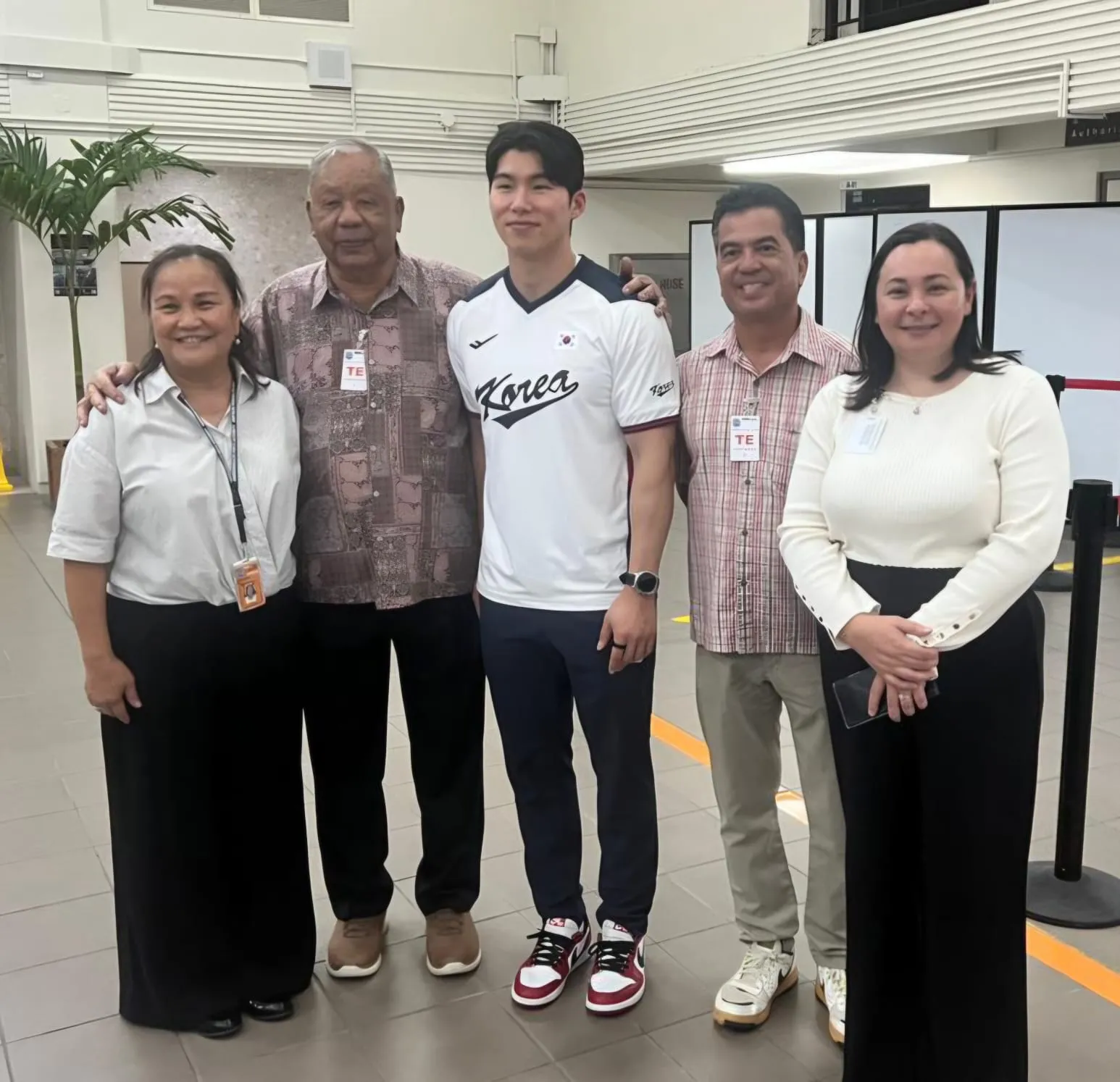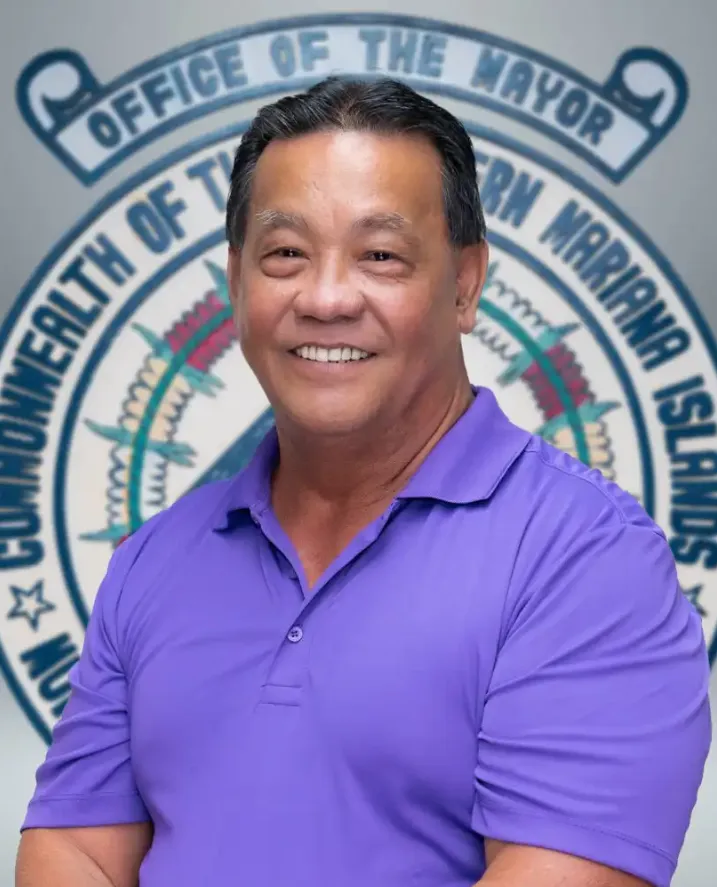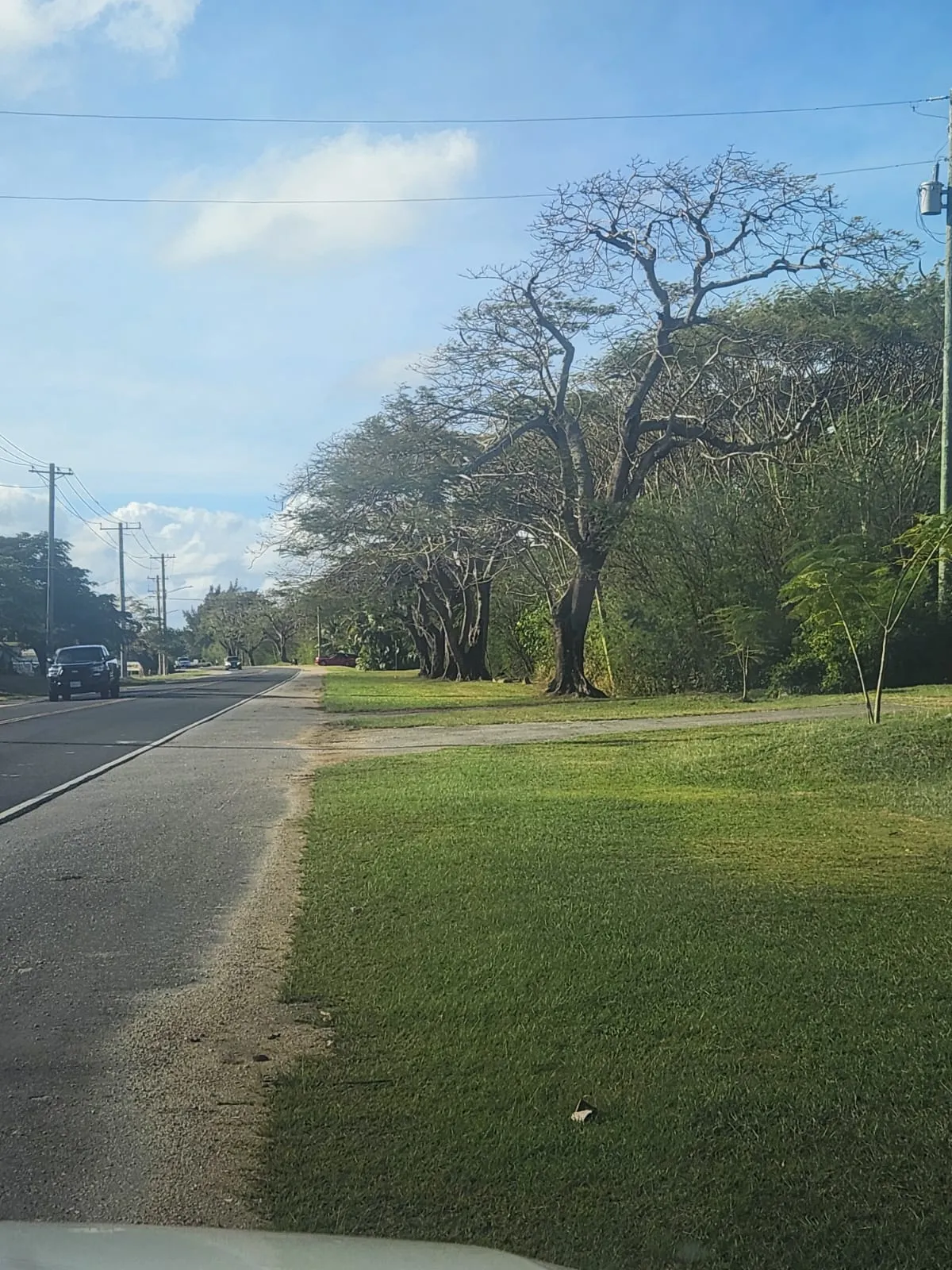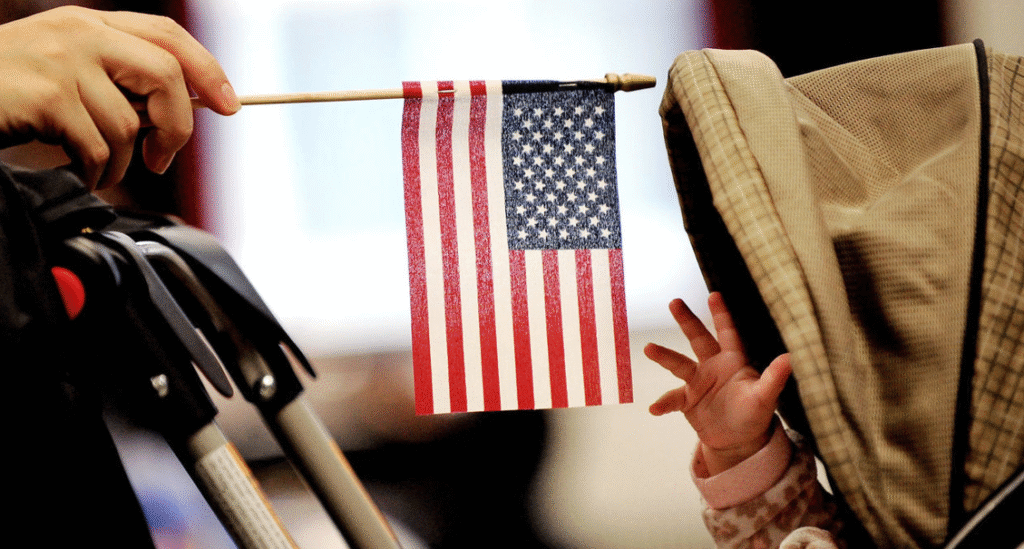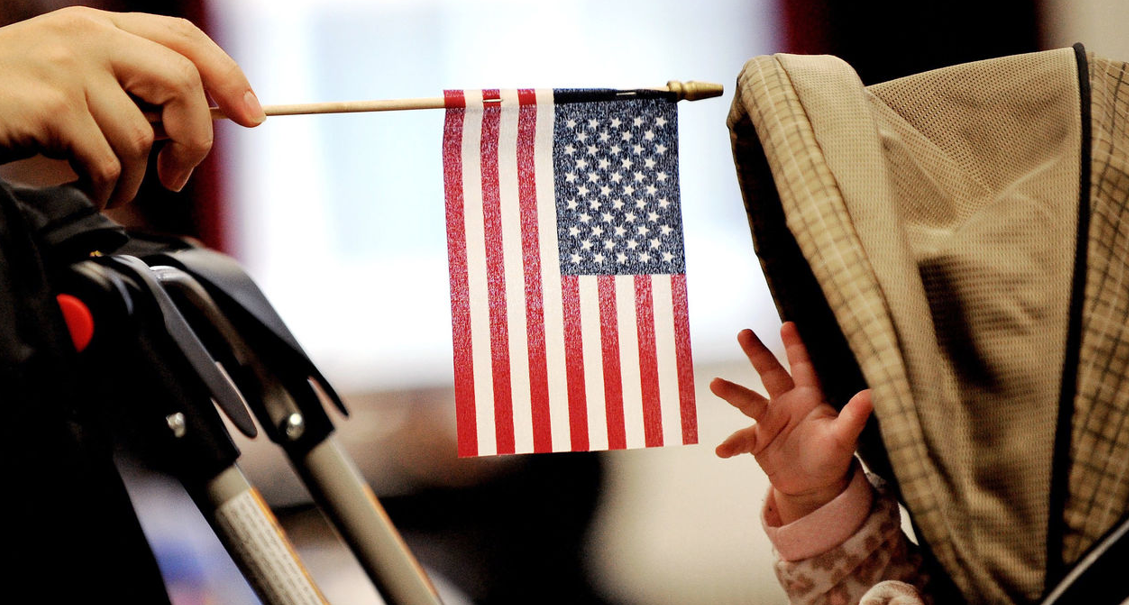
The following is the text of the speech that won first prize in this year’s AG’s Cup Speech Competition.
“THEY’RE poisoning the blood of our country.”
“They’re not humans. They’re animals.”
“They’re eating the dogs. They’re eating the cats.”
These are, of course, words from our president directed at migrants. But we hear them in the CNMI too:
“Go back to where you came from!”
“You don’t belong here!”
“Go home!”
As a Filipino and an American citizen, to me, these insults cut to my core, because this is where I was born. This is where I was raised. This is where I belong.
So, if you ask me, birthright citizenship should be upheld, because for me and thousands of others who were born here: this is home.
To make this case, I will examine both sides of the topic, present a legal analysis of the topic, and discuss the underlying issues at the heart of the question before us today.
To begin with my first point, let us examine both sides of this debate, starting with how birthright citizenship has been abused here in the CNMI. Specifically, it has been used to run the black-market industry of birth tourism. According to data from the Commonwealth Healthcare Corporation, from 2008 through 2020, regular flights from China and visa-free access led to births from tourist mothers totaling 3,605, which represents more than 30% of all live births in the CNMI during that time.
This has been so problematic that on the U.S. House Judiciary subcommittee, Congressman Tom Tiffany, a Republican from Wisconsin, raised specific concerns about the CNMI. As he said, “This is just one small example of how our immigration system has been used in so many different ways to be weaponized against the American people.”
At the national level, federal prosecutors in California recently reported, “Birth tourism operations not only committed widespread immigration fraud and engaged in international money laundering, they also defrauded property owners when leasing the apartments and houses used in their birth tourism schemes.”
At the local level, birth tourism has strained our limited resources: our only hospital, our fledgling infrastructure, and our dwindling economy — all at a time when Chamorros and Carolinians are leaving the islands in record numbers, leaving those that stay as a minority in their ancestral homelands.
So, yes, birth tourism has been a problem, and we should explore practical solutions to fix it. However, despite this, we should continue upholding birthright citizenship because it is essential to the welfare of the CNMI for at least three reasons.
(1) Reason One: Based on recent Census data, we can infer that about half of the population in the CNMI attained citizenship because they were born here. According to the 2020 U.S. Census, 50.7% of the population here were born after 1986, which is when birthright citizenship was legally authorized in the Commonwealth. While it’s not clear how many of those were born here and how many of them are U.S. citizens, the numbers clearly suggest that without birthright citizenship, about half of the population may not even be here. That would be devastating to our economy, our society, and our way of life.
(2) Reason Two: Those who were born into U.S. citizenship have used that citizenship to pursue degrees and careers that have made our Commonwealth a better place. For example, Heather Pangelinan, the director of Public Health Services for the CNMI, has done so much to help all of us become healthier. Jose, Mable, and Ashley Ayuyu have taken their father’s McDonald’s business to new levels with their innovative approaches to marketing and promotions. And what about the countless men and women who have enlisted at rates higher than the rest of the nation to serve in the military? These amazing individuals were born here on these islands. Who knows where they would be, where we would be, without birthright citizenship.
(3) Reason Three: Birthright citizenship has given thousands of students from the CNMI access to unparalleled educational opportunities. Unrestricted by foreign student visas, U.S. citizenship has given our high school graduates access to some of the world’s top colleges and universities. U.S. citizenship has also qualified them for millions of dollars in federal financial aid. According to the U.S. Department of Education, from 2013 through 2018, college students from the CNMI were awarded a total of $19.9 million. If it weren’t for their U.S. citizenship, they might have never been able to afford a college education.
These are just three of the many reasons why we should continue upholding birthright citizenship in the CNMI. And while some may present legal arguments against it, I believe there is strong legal justification for it. This brings me to my second point.
The 14th Amendment clearly establishes birthright citizenship under the legal principle of jus soli, or right of soil, where citizenship is granted based on where you are born, not based on the citizenship of your parents, which is the principle of jus sanguinis, or right of blood. To overturn the U.S. Supreme Court’s 1857 ruling in Dred Scott vs. Sandford, which denied Black Americans citizenship, the 14th Amendment clearly granted them citizenship, not based on their blood but based on the fact that they were born in the United States and were therefore entitled to due process and equal protection under the law. Relying on where you were born, jus soli, instead of who your parents were, jus sanguinis, ensured that race or ancestry would not be used to deny citizenship to anyone.
However, since being upheld by the Supreme Court’s 1898 ruling in United States v. Wong Kim Ark, some have questioned the necessity of birthright citizenship. They have argued that because the primary purpose of the 14th Amendment, to fight racial discrimination, has been fulfilled, we should revisit birthright citizenship. However, the persistence of systemic racism and other injustices tells us that this purpose has not been fulfilled. As the American Civil Liberties Union, or the ACLU, has argued, “In the current political climate…the 14th Amendment faces the realistic possibility of being stripped of its authority and its ability to stand as a bulwark against oppression.” The ACLU thus declared, “It’s imperative that we use every means at our disposal to assure that the amendment continues to serve as a path to freedom and full equality for those who need it most.”
This is especially important for jurisdictions like the CNMI. Even without Sections 303 and 501 of the Covenant, the 14th Amendment grants citizenship to people born in the United States and places “subject to the jurisdiction thereof,” which includes U.S. territories and commonwealths. However, the Supreme Court 2021 ruling in Fitisemanu v. United States could jeopardize that interpretation, which found that people born in American Samoa are not entitled to birthright citizenship. This ruling reinforces, more than ever, the need to maintain and uphold Sections 303 and 501 of the Covenant.
But it’s not enough to protect just these sections of the Covenant. We must do more to uphold the original intent of the Covenant, which brings me to my third and final point.
When the CNMI’s founding fathers secured birthright citizenship, it was part of a broader desire from the people of the islands to become a part of the United States. That’s why the Covenant includes so many provisions that solidify this unique political union: Section 1’s focus on our relationship to the United States, Section 7’s focus on American financial assistance, Section 9’s focus on collaboration with the federal government, and Section 3’s focus on citizenship.
And when an overwhelming majority of the people of the Northern Marianas voted to approve the Covenant on June 17, 1975, they were voting for more than just a document. They were expressing their collective aspirations for a better way of life for them and for generations to come.
That’s what’s at the heart of the Covenant and that’s what’s at the heart of today’s debate, something we all want for ourselves and for our families: a better way of life.
This is what we all want for our home.
And, for me, I want a home where birthright citizenship is upheld not just because it’s good for society or because it is supported by legal precedence or because it’s politically convenient. I want to uphold birthright citizenship because it has helped me and countless people like me call these islands home.
And no matter what anyone says on 1600 Pennsylvania Avenue or on Beach Road, nothing can take that away from me.
This is where I was born. This is where I was raised. This is where I BELONG. As the opening verse of the CNMI Anthem so perfectly captures:
Gi talo’ gi halom tåsi nai gaigi tano’ hu.
Satil matawal Pacifico igha elo falawééy iye.
In the middle of the sea is where my home is.
Thank you.


